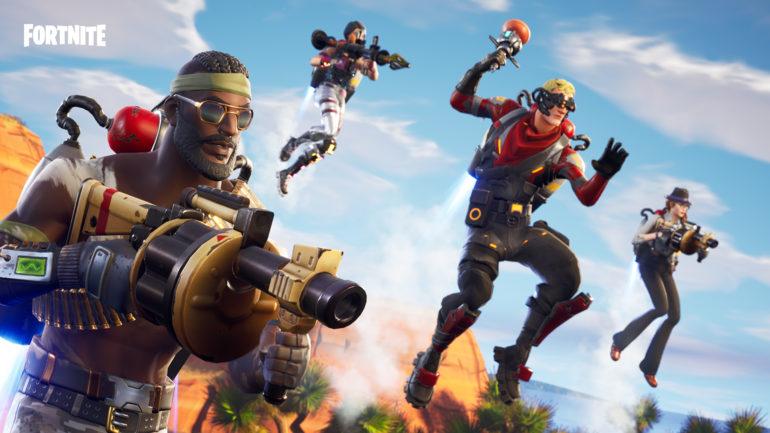‘Fortnite’ Success Led to Months of ‘Intense Crunch’ For Devs (Report)
By Stefanie Fogel
LOS ANGELES (Variety.com) – Epic Games’ “Fortnite” is one of the biggest video games around. It has at least 250 million registered players and it’s now a part of the pop culture zeitgeist. But, to reach that massive level of success, its developers underwent months of intense crunch, according to a report by Polygon .
Polygon interviewed about a dozen current and former employees over several months who said they regularly worked in excess of 70 hours per week. Some said they worked 100 hours, a claim also recently made by some employees of Rockstar Games who developed the open world Western title “Red Dead Redemption 2.”
While overtime is supposed to be voluntary, sources told Polygon management expected developers to put in the excessive hours. To not do so was a mark against their character. Contract workers who didn’t put in the hours were often replaced.
“I know some people who just refused to work weekends, and then we missed a deadline because their part of the package wasn’t completed, and they were fired,” said one source. “People are losing their jobs because they don’t want to work these hours.”
“I’ve had friends come to me and say, ‘I can’t take this anymore.’ I’ve had friends break down in tears. The crunch is constant,” said another source.
Some people Polygon spoke to said they liked working at Epic, however, noting its good wages, bonus system, and career progression. “It is a hard, grindy, crunchy life,” said one source. “Everyone understands. You are being paid more money than most people will ever make in their careers anywhere else. Your time is bought and accounted for; shut up, keep your head down, and do the work.”
Epic responded to the article by saying that 100-hour work weeks are “incredibly rare.” When asked about contractors’ workloads, a spokesman said, “All Epic contractors have a fixed contract term that is communicated up-front, typically between six and 12 months. Epic makes contract renewal decisions based on the quality of work performed and willingness to work at times needed to meet critical release dates.”
The word “unionization” has popped up many times within the games industry in the last year as people hear more and more stories of punishing developer crunch. Even the AFL-CIO , America’s biggest labor organization, recently called this particular time period a “moment of change” and asked developers to organize.
“It won’t come from CEOs. It won’t come from corporate boards. And, it won’t come from any one person,” said AFL-CIO secretary-treasurer Liz Shuler. “Change will happen when you gain leverage by joining together in a strong union. And, it will happen when you use your collective voice to bargain for a fair share of the wealth you create every day.”
But, until unionization happens, it’s likely we’re going to continue hearing more stories of excessive hours and poor physical/mental health conditions from talented developers like those at .
“It’s killing people. Something has to change,” one source told Polygon. “I can’t see how we can go on like this for another year. At first, it was fine, because ‘’ was a big success and that felt good. We were solving problems that were new for Epic: how to run a big, global game as an online service. But now the workload is just endless.”

